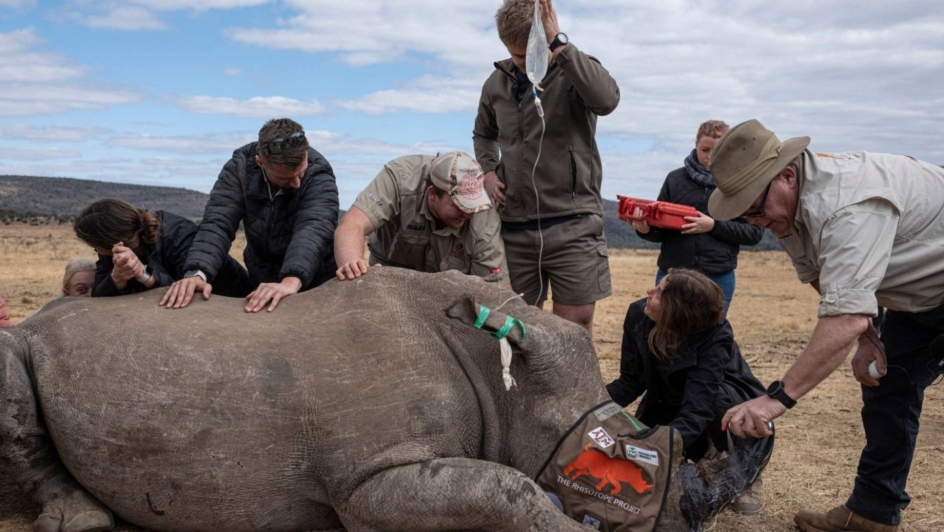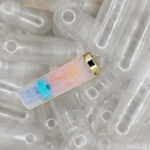Innovative Anti-Poaching Initiative Shields Rhinos

In a pioneering effort to combat rhino poaching, South African scientists from Witwatersrand University have developed a novel anti-poaching measure: injecting live rhino horns with non-toxic radioactive isotopes.
This groundbreaking initiative – which was launched on Tuesday, 25 June, at the Limpopo rhino orphanage – aims to deter poachers by making rhino horns unsuitable for human consumption and easier to detect using existing nuclear detection technology at international borders.
Known as the Rhisotope Project, the enterprise is spearheaded by the university’s Radiation and Health Physics Unit.
The project involves carefully monitoring 20 rhinos over the next six months to assess the impact of the isotopes on both the animals’ health and the effectiveness of deterring poaching.
Should the trial prove successful, plans are in place to extend this innovative technique to protect other endangered species such as elephants and pangolins.
Rhino poaching remains a critical issue driven by high demand in Asia, where rhino horns are sought after for their supposed medicinal properties despite lacking scientific evidence.
The project underscores ongoing efforts to safeguard rhino populations, which face significant threats despite recent declines in poaching incidents.
Image Credit: Source


























Go Social
SocialNew Social Releases – Check them out NOW! N$3/day subscription
TikTok Content
SocialNew content for your TikTok - Watch NOW!
Weird ’n Wacky
FunHilarious video clips featuring animals, sports, food, & more!
Status Hub
SocialTrend on WhatsApp with these statuses!
Social Trending
SocialWant Top Trending Stickers and WhatsApp Stories!?